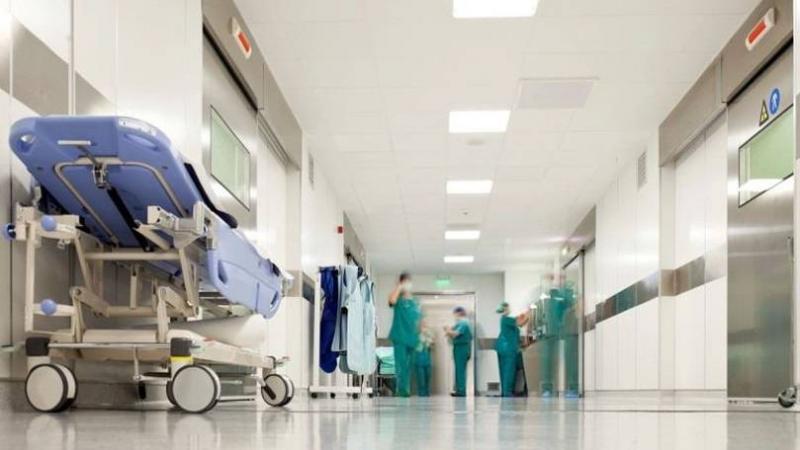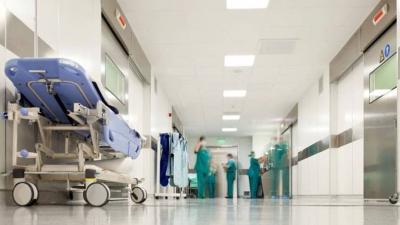Their lives depend on dialysis machines; without them, death knocks at their doors. Kidney dialysis patients struggle to bear the cost of treatment drugs, which have become more expensive than they anticipated, if they can find them at all, as most are either scarce or unavailable, and alternatives do not yield the desired results. Kidney dialysis patients spend harsh hours in the dialysis department of Nabiha Berri University Hospital. While the sessions remain free of charge, covered by the Ministry of Health, the cost of treatment and transportation is a crisis in itself. Most kidney patients cannot manage two jobs to meet their daily needs; they can barely handle the burden of one low-paying job, which renders them unable to cover their substantial treatment costs.
Abu Hussein, a former taxi driver, started dialysis a few months ago. He ceased working a year ago due to a decline in transport and rising fuel costs, which left him at home. His situation worsened with the onset of dialysis and the difficulty in securing medications. "Insurance does not cover the difference," he says, still paying for his medication at a price of 1,500 Lira, while the cheapest medication has reached 700,000 Lira, with insurance covering only 20,000 Lira.
Abu Hussein goes to the hospital for dialysis three times a week. The session remains free, but the cost of getting to the hospital is high. He lives in Abba and must pay 200,000 Lira each session in transportation, totaling about 600,000 Lira weekly. His wife confirms his mental state is at rock bottom, stating, "The financial situation is tough, and sometimes we don't have the price of the medicine, in addition to our exhausting search in pharmacies without success."
Inside the dialysis room, ten patients lie down, the total number for each session, out of 55 patients receiving dialysis, according to Dr. Hassan Bakhdod, the head of the department. He highlights the patients' suffering concerning the cost of medication and transportation and confirms that the hospital still provides all the necessary supplies, sometimes purchasing from the black market, making each session cost about $40. The patient does not incur any costs, but there are fears that supplies may not be available in the future, especially tubes and filters, putting kidney patients at risk.
Um Ali Rida and her husband travel 8 km daily to reach the dialysis department at Nabiha Berri University Hospital, as her husband undergoes dialysis three times a week, incurring significant transportation costs that they cannot afford. "The situation is extremely difficult; if my husband doesn’t undergo dialysis, he will die. Sometimes we reach pharmacies in Beirut searching for medication, which has become more expensive than gold and beyond our reach. We have no options left but clinics, as the government has provided us no alternatives. Even the kidney patient whose life hangs by tubes is punished by the state through his medication. It is not enough that he lost his job due to his illness and difficult economic conditions; he also has to pay for his medicine as if it were gold soon. It is a shame."
Dr. Bakhdod confirms patients' struggles with medication and transportation, fearing future inability to provide tubes and filters. In that case, kidney patients become vulnerable to the crisis, especially if these supplies enter the black market or if support is lifted.
Thus, even kidney patients suffer from the current crisis, thrown into the storm by the government, which has only retained the free sessions, while medications and transportation remain the biggest burdens, making it impossible for many to afford them.




